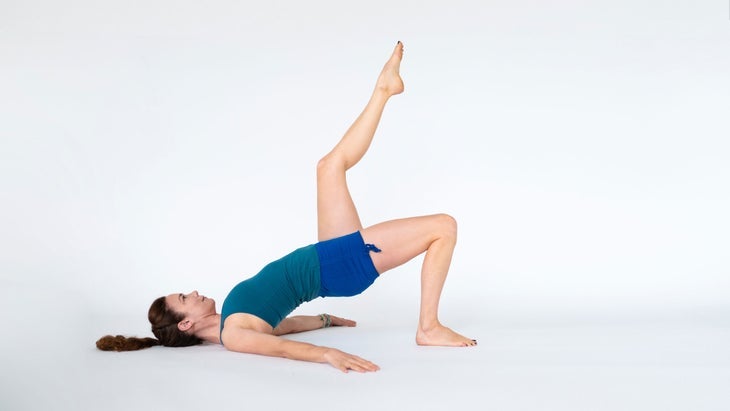Adults between 18 and 65 years old should aim to get 7 to 9 hours of sleep each night for optimum recovery. For those 65 and older, the recommendation is seven to eight hours each night.
National Sleep Foundation
Everyone knows sleep is essential for a healthy body and mind, so why aren’t we getting enough?
Athletes understand when it comes to workout recovery, developing a solid sleep schedule can be a nightmare, no pun intended. Sleep is crucial to strengthen endurance, muscle and energy that just an hour or two missed may throw off training. Sufficient sleep allows overworked muscles to restore and regenerate accurately within workouts.
No sleep = no repair = weak performance.
“If you wonder why you’re not seeing changes in your body, one reason could be because of sleep,” says Nancy Jusino, NASM-CPT, PES.
If you’re up late tossing and turning, perhaps even imagining how much incredible sleep you’re missing out on, here’s a few ways to ease your worries and send you to snooze town.
3 Strategies for a Fine sleep
1. Fix a bedtime.
Bedtimes aren’t just for kids. Jusino says to do some experimenting to find out what time is ideal for you to get the recommended number of hours of sleep. She suggests that it’s difficult to log a hardcore workout, run through the rest of your daily activities, then get to replicate the cycle with only three to five hours of sleep.
The body doesn’t get a chance to recover, hindering you from making progress.
Nancy Jusino, NASM-CPT, PES.
So schedule your bedtime — and importantly stick to it.
2. Put down your electronics and relax.
You probably already know this one, so why aren’t you doing it? “Don’t fall asleep with the phone in your hand [or your] tablet or TV on,” Jusino says.
Blue-light phones and tablets trigger you “be alert” brain chemicals. If possible, you should do better than just putting down your electronics. Put them in another room altogether! The National Sleep Foundation recommends cutting out electronic devices about 30 minutes before bedtime to give yourself time to wind down.
Mediation as a part of your evening routine helps. While meditation oftentimes seems to involve just sitting still and being quiet, the heart of the method — which can take many forms — is to focus and relax your mind.
Meditation not only can help you release and let go of your day but also anything you are holding onto from your past.
Keely Grand, MA, certified personal trainer and wellness specialist.

Relaxing before bed just makes good sense.
It could be yoga with a quick night routine that can be done in your pyjamas, [relaxing scents like] lavender, a small cup of chamomile tea, or even a smart light that mimics the sun setting to help you relax.
Nancy Jusino, NASM-CPT, PES.
After you exhale from your day, you’ll be ready for sleep.
3. Avoid heavy and/or late-night munching.
If your body is managing to break down and digest food, it is not in relaxation form to catch some sleep.
Waiting 3 to 4 hours after eating before going to bed. This allows your body to digest your food optimally.
The Sleep Foundation

You have an everyday schedule, so why not understand having a sleep schedule, too?
Sleep is paramount to recovery — any type of recovery — because sleep affects nearly every tissue in our body. your internal organs are hard at work at night, too, so if you don’t get the right amount of sleep, they can’t do their work. Your body heals, decompresses and recovers from the day’s activities during sleep.
Keely Grand, MA, certified personal trainer and wellness specialist






















